Carcharodus orientalis Reverdin, 1913
(Oriental Marbled Skipper)

Carcharodus orientalis Reverdin, 1913
(Oriental Marbled Skipper)
Original description
„Carcharodus orientalis, species nova“ Reverdin, J.-L., 1913 (Notes sur les genres Hesperia et Carcharodus. - Bull. Soc. lépid. Genève, 2 (4): 232; Pl. 21, Fig. 14, Pl. 22, Fig. 1, 8). Locus typicus: Peloponnesos.
Diagnosis
Very similar to C. floccifera. Colour of upper side grey-brown (usually brighter than C. floccifera), hind wings generally with less prominent bright spots. Male with hair tuft on forewing underside. Underside of hindwings brighter than floccifera. This species is obviously quite variable. Genitalia: The tip of the valva is narrower compared to C. floccifera.
Genitalia
(Female genitalia to follow)
Subspecies
Several subspecies have been described.
Distribution
From the Balkans through Turkey to Jordania an Israel. Kaukasus. Iran.
Flight time
On to three generations depending on altitude. The half grown caterpillar hibernates.
Ecology and habitats
Different types of habitats: Dry and warm areas in the lowlands to alpine grassland above the tree line.
Hostplants
Relatively broad spectrum of foodplants: Lamiaceae from the genera Betonica, Stachys and Marrubium (e.g. M. peregrinum, compare also Lafranchis 2003), and Acinos arvensis..
Important Literature and internet links
Eurobutterflies (Matt Rowlings)
Carcharodus on www.nic.funet.fi
Lepidoptera of Ukraine (Vladimir V. Savchuk) (Ukrainian)
Butterflies of Dagestan (V. Tikhonov)
Albrecht, M. (2012): Stachys cretica, a new host plant for Carcharodus orientalis (Reverdin, 1913) on the island of Samos (Lepidoptera: Hesperiidae)
(First contribution to the knowledge of the genus Carcharodus).
Nachrichten des entomologischen Vereins Apollo N.F. 32 (3/4): 173–175. Frankfurt a. M. 5 figures.
Budashkin Y. I. & Savchuk V. V. (2010): Additions to fauna and bionomy of the Crimean Lepidoptera. - Optimization and Protection of Ecosystems, 3: 50-68. Simferopol: TNU.
Lafranchis, T. (2003): Biologie, écologie et répartition de Carcharodus orientalis (Reverdin, 1913) en Grèce. Comparaison avec Carcharodus flocciferus (Zeller, 1847) (Lepidoptera, Hesperiidae). – Linneana belgica, 19 (3): 140 – 146.
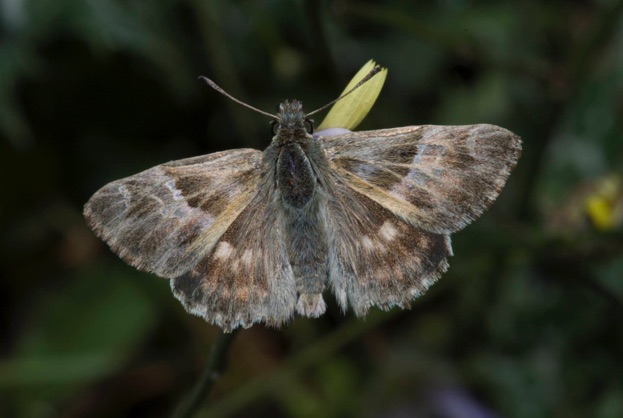
Male (Greece/Peloponnesos, Kalavrita, June 2009)
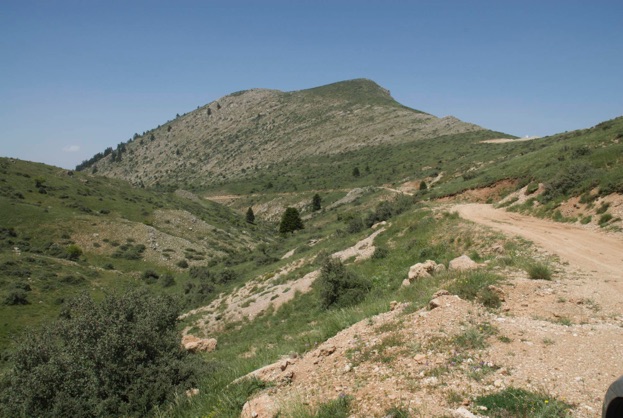
Habitat (Greece/Mt. Chelmos, 1700 m, June 2009)
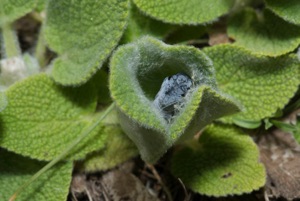
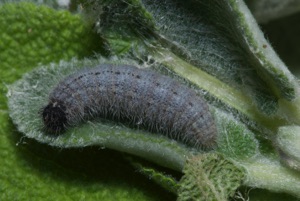
Fully grown larva (Greece/ Mt. Taygetos,
1700 m, June 2009)
Studio photograph
Pupa (Greece/Mt. Taygetos,
1700 m, June 2009)
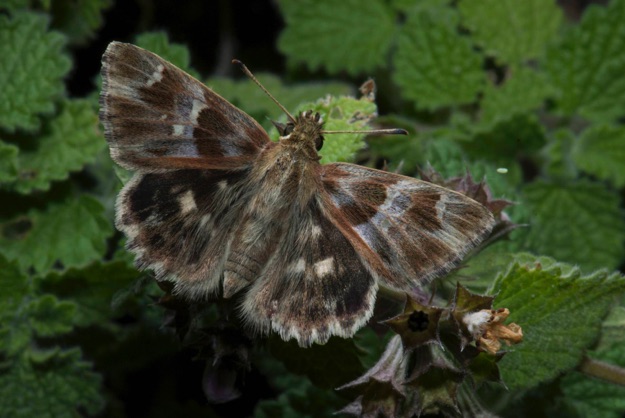
Female (Greece/Mt. Taygetos, 1700 m, July 2009)
Studio photograph
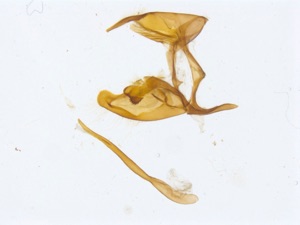
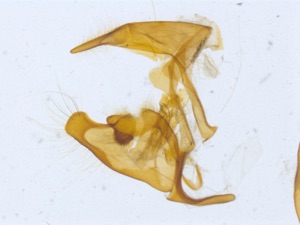
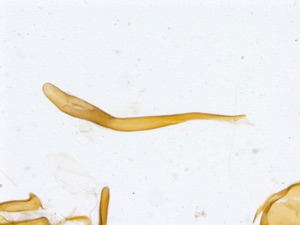
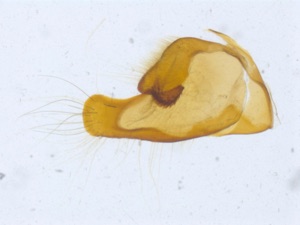
C. orientalis Male
Samos, Pirgos
leg. and GP W. de Prins
C. orientalis Male
Peloponnes, Chelmos Mts.
leg. and GP W. de Prins
C. orientalis Aedeagus
Peloponnes, Chelmos Mts.
leg. and GP W. de Prins
C. orientalis Valve
Peloponnes, Chelmos Mts.
leg. and GP W. de Prins



C. orientalis male
Greece, Taygetos
Nachzucht, e.o. 23. 08. 2009
C. orientalis male
Greece, Taygetos
Rebreeding, e.o. 23. 08. 2009
C. orientalis male
Greece, Taygetos
Rebreeding, e.o. 23. 08. 2009
C. orientalis male
Greece, Samos, e.p. 24.04.2010
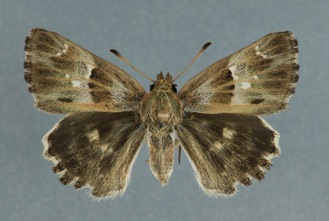
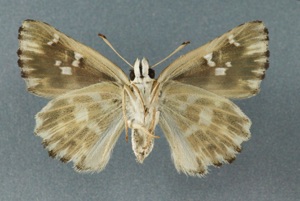
C. orientalis female
Greece, Taygetos
Rebreeding, e.o. 23.-30. 08. 2009
C. orientalis female
Greece, Taygetos
Rebreeding, e.o. 23.-30. 08. 2009

© 2009-2020 Martin Albrecht